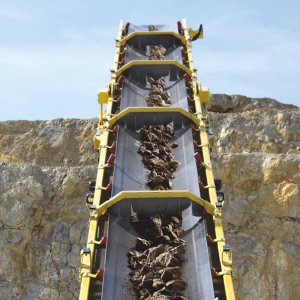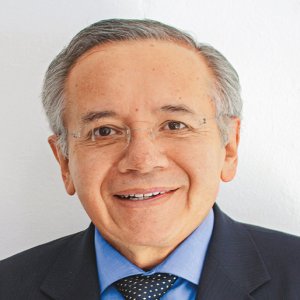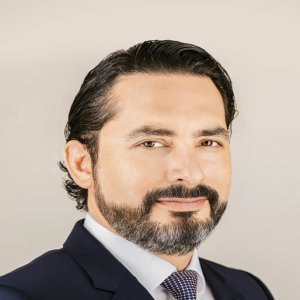The Regulatory Framework as a Benchmark for Growth

STORY INLINE POST
Q: What windows of opportunity could be opened in the Mexican mining industry after a modification of the regulatory framework?
A: The mining industry is not only governed by the Mining Law but by various legal statutes and regulations that also govern and influence its activity, such as environmental, civil or agrarian laws. The changes proposed by the government are related to the possibility of canceling concessions or mineral rights. These modifications are still far from being approved. We do not believe that there will be a regulatory change soon. Should this change happen, it should not affect existing concessions. The Mexican Mining Law and regulatory framework generally works well and adequately protects investors.
A large part of the mining activity takes place on ejidos or community lands, which sometimes stop the development of the industry itself. Although solutions to this dilemma are complex, one solution may be for agrarian authorities to simplify and speed up bureaucratic processes. In Mexico there are different types of property regimes: ejidos and communal, public (federal, state or municipal) and private lands. The current regulatory framework is very clear and has evolved over time to facilitate investment in the sector. The creation of a single window would be a good solution to solve this problem, as long as SEDATU participated in its development.
Q: The Mexican government has shown its interest in modifying the Mining Fund, whose distribution would become a federal responsibility. What advantages and disadvantages does Baker McKenzie see in this hypothetical change?
A: In an ideal scenario, the resources of the Mining Fund should be distributed by local authorities, but it is true that in some communities there have been cases of corruption related to the use of the mining fund. The most convenient thing would be for communities to enjoy the mining fund directly, although with the presence of a superior body that would be able to supervise where the money raised by the mining fund goes. I also believe that the centralization of power has never been positive; for example, the US is an important decentralized country both politically and fiscally, which in turn leads to very healthy competition between states.
Q: Should Mexico adapt the regulatory framework of the mining industry to that of its competitors in the region, such as Peru, Colombia, Brazil, Argentina or Chile?
A: If the regulatory frameworks of these countries are analyzed in depth, we will realize that Mexico does not need to adapt its regulatory framework. In fact, most provinces in Argentina prohibit open pit mining or the use of cyanide. In Brazil, for example, the regulatory framework is simpler but then its tax system is much more complicated. Perhaps Colombia and Peru have a more evolved regulatory framework than that in Mexico but their mining activity is not larger than Mexico’s.
Q: The government has declared that the mining concessions will be maintained; however, it has stated that the popular consultations will have greater importance in the final decision of new concessions. How feasible is the application of these changes?
A: The Mexican Constitution states that the subsoil belongs to the nation and that it is granted for exploitation. Can some new concessions be revoked based on environmental or social issues? Possibly. However, that decision, like popular consultations, would discourage FDI in the country.
As for the old concessions, the Constitution prevents their revocation, since in Mexico there is a concept of non-retroactivity. The land ownership concept of many of the indigenous peoples is completely different from that in the West, but this situation is well understood by many of the foreign companies that operate in Mexico. This is the case of Canadian companies that have had similar experiences in other territories and even in their own country.
























